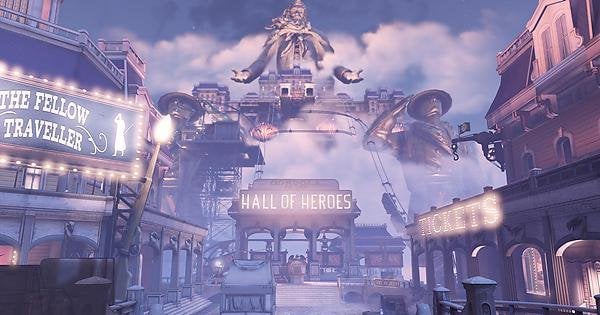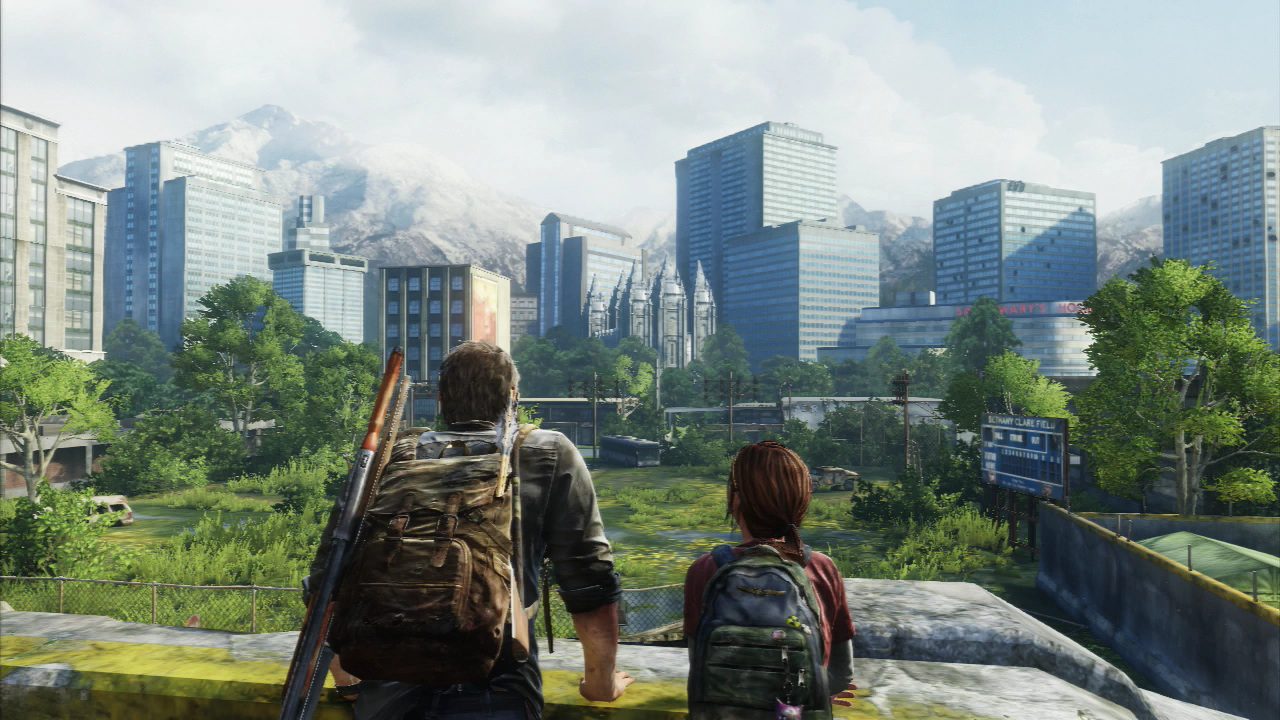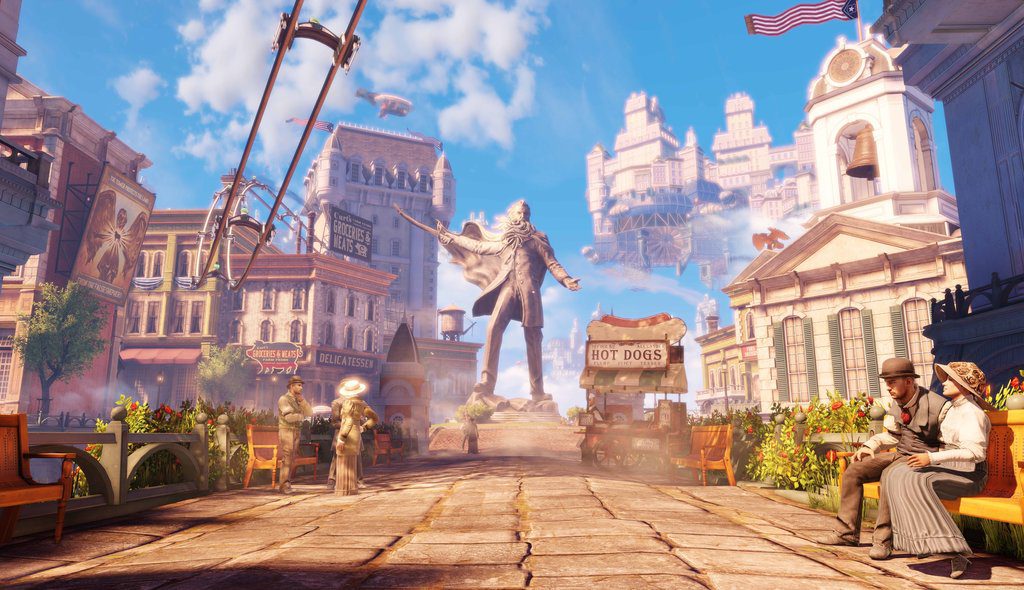Please, not another fetch quest
So there’s been a lot of talk going around about Dying Light 2 supposedly having up to 500 hours worth of content, if not more, and this wasn’t exactly news I was jumping up and down about. Not because of the game itself, necessarily, but the way it plays into the trends of the industry as a whole away from short, linear games. In the past few years, it feels like completion times that clock in at hundreds of hours have become something of a badge of honor, and the discourse surrounding it has seemed to lean toward the idea that the longer a game is, the better.
Listen, I’m all for getting the best bang for my buck. When I see that I’ve played a game for hundreds of hours, there’s a sense of pride there, because that was money well-spent. But at this point it feels like players keep pushing for games to be longer and longer, and that’s not always a good thing.
For one thing, a super long game with ambitious scope usually (not always, but usually), means more work and crunch for game teams that are already burned out. The prime example here is Cyberpunk 2077. CD Projekt Red promised that the game would be one of the most detailed open-world RPG experiences ever while it was still in early development, and the game then suffered from multiple delays as the team tried to keep up. Ultimately, Cyberpunk was a massive disappointment on release (although recent updates have helped), and it all could have been avoided if CD Projekt Red had maintained realistic expectations.

Then you just have the content of the games themselves. When you scale up a game to be so big and nonlinear, it’s almost impossible to keep the content interesting. The world, the quests, and the characters can all start to feel repetitive and hollow. In creating a game that’s hundreds of hours long, developers simply don’t have time to put the time and attention into many details of the game — they’re just trying to fill out the biggest map they can in a way that doesn’t make it feel entirely empty. But there are so many games that I’ve played that do feel empty, in spite of everything that the game puts in my way, and I’m not alone in this sentiment.
In contrast, I’ve been playing through BioShock Infinite again recently. It’s obviously very different from a big, hundred-hour endeavor, with an average run time of about twelve hours. But when I started playing it again, I realized how much I’ve missed these short linear games. For example, I seriously cannot get over the environments in BioShock Infinite. Every room you walk into has this perfectly composed setting that looks like it’s straight out of a concept art painting. That’s because the devs know that the player will be entering a room from exactly one position, and they’re able to compose the environment around that, and to great effect.

Maybe I’m not being fair by comparing games that are meant to provide such different experiences, but I really can’t seem to find any big-budget AAA studios that haven’t succumbed to this formula. I mean, look at what happened to The Last of Us series. The first one also had a runtime of about twelve hours, and in my opinion, was pretty perfectly paced from both a gameplay and storytelling standpoint.

Long story short, I just really miss short linear games with a focus on story.
I can certainly go back and play through all my old favorites like BioShock, The Last of Us, and Portal 2, but it’s hard to find any games like this that are newer than around 2015. Sometimes I don’t want choice — sometimes, I just want to be taken on a ride, a thrilling, bombastic ride that only the resources of a AAA studio can provide, but they seem to be fewer and further between these days.
Story Beat is a weekly column discussing anything and everything to do with storytelling in video games.













Published: Jan 13, 2022 04:00 pm